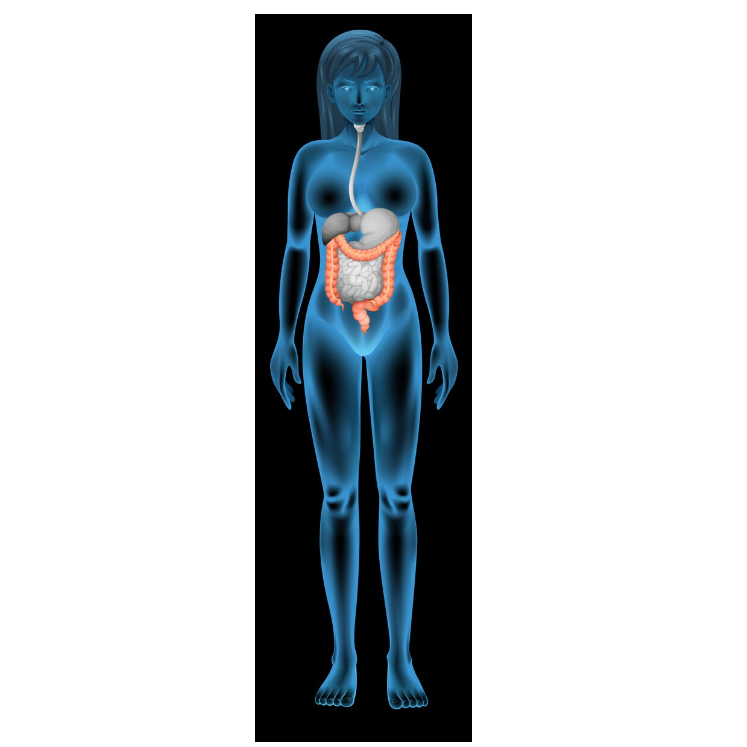
Understanding Peptic Ulcers: What You Need to Know
Peptic ulcers are a common digestive issue that can cause discomfort and pain. These ulcers are open sores that develop on the inner lining of the stomach, small intestine, or esophagus. While they can be painful and disruptive, understanding more about them can help manage and treat them effectively.
What Causes Peptic Ulcers? There are two primary causes of peptic ulcers:
- Helicobacter pylori (H. pylori) infection: This bacterium infects the lining of the stomach and small intestine, weakening the protective mucous layer and allowing stomach acid to damage the tissues underneath.
- Nonsteroidal anti-inflammatory drugs (NSAIDs): Prolonged use of NSAIDs like aspirin, ibuprofen, and naproxen can irritate the stomach lining and increase the risk of developing ulcers.
Symptoms of Peptic Ulcers: Peptic ulcers can manifest various symptoms, including:
- Burning pain in the stomach between meals or at night
- Heartburn or acid reflux
- Bloating
- Nausea and vomiting
- Dark or bloody stools
- Unexplained weight loss
- Feeling full quickly after eating
It’s essential to seek medical attention if you experience persistent or severe symptoms.
Diagnosis and Treatment: If you suspect you have a peptic ulcer, your doctor may perform several tests, such as an endoscopy, a stool test to check for H. pylori, or a barium swallow X-ray. Treatment typically involves a combination of medications and lifestyle changes:
- Antibiotics: If an H. pylori infection is present, antibiotics are prescribed to eradicate the bacteria.
- Proton pump inhibitors (PPIs) and H2-receptor antagonists: These medications reduce stomach acid production, allowing the ulcer to heal.
- Antacids: These can provide temporary relief by neutralizing stomach acid.
- Avoiding NSAIDs: If NSAIDs are the cause, your doctor may recommend alternative pain relief methods.
Preventing Peptic Ulcers: While some risk factors for peptic ulcers, such as genetics, cannot be changed, you can take steps to reduce your risk:
- Limit or avoid NSAID use, especially if you have a history of ulcers.
- Quit smoking, as smoking increases the risk of developing ulcers and delays healing.
- Manage stress through relaxation techniques like yoga or meditation.
- Follow a healthy diet with plenty of fruits, vegetables, and whole grains.
Conclusion: Peptic ulcers can be uncomfortable, but with proper diagnosis and treatment, they can be managed effectively. By understanding the causes, symptoms, and prevention strategies, you can take control of your digestive health and minimize the impact of peptic ulcers on your life.
To seek medical advice, always consult a Doctor. Here are our recommended experts. Click Here
To read more on Peptic ulcer. Click Here


